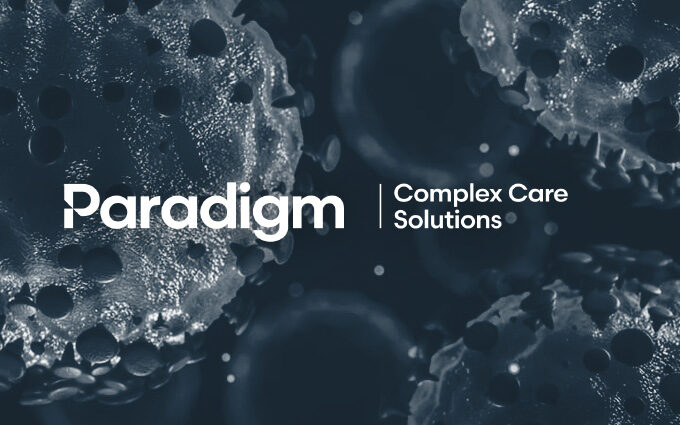01/21/2021

In 2020, the entire Paradigm team rose to the challenges brought about by the COVID-19 pandemic. The severely injured workers and families we serve already face incredible health and life challenges, and we quickly learned how the pandemic has compounded them. The last 11 months have taught us a lot, and helped our organization develop valuable and effective case management expertise for this new environment.
As COVID-19 continues to be a significant concern, Paradigm Complex Care Solutions has made comprehensive updates to our workers’ compensation case management best practices based on what we have learned. We’re committed to continuing our standard of excellence in managed care, but doing so safely and within current health guidelines.
An essential part of this strategy has been to direct our case managers to only attend appointments that are critical to achieving the best possible health outcome or a return to work, while ensuring any routine appointments are facilitated remotely. Before attending any in-person appointment, Paradigm case managers conduct a thorough risk assessment for the injured worker, their family, and the provider’s facility.
Throughout the pandemic, we will continue to implement additional training, tools, and support to help our Complex Care Solutions field case managers assess injured workers’ risk of COVID-19. Paradigm has also established new protocols that outline how to best support injured workers dealing with this continually changing situation. One of these services is our Telephonic Nurse Triage, which is available 24/7 and has been specifically enhanced to field questions and concerns related to the COVID-19 pandemic.
As part of our responsibility to the injured workers we serve, as well as our clients, colleagues, and communities, we are sharing an overview of the Paradigm best practices our case managers now use to support injured workers during this challenging time.
Overall injured worker support and wellness
It’s vital for case managers to remain informed on the latest information and guidance provided by the federal and local governments. If injured workers or their families ask a case manager questions regarding COVID-19 that fall outside of treatment concerns, our case managers will utilize the CDC website as an optimal reference point.
Paradigm case managers will:
Physicians and appointments
Paradigm case managers will work to stay informed of the status of physician and provider offices in order to provide injured workers and their families with up-to-date guidelines regarding upcoming appointments and treatment options. They will remain in close contact with injured workers regarding any changes or updates to facility policies.
Paradigm case managers will:
Medication
Paradigm case managers will work to ensure that injured workers do not experience disruptions in their medication regimen.
Paradigm case managers will:
Surgery
It is inevitable that some surgical procedures may be delayed while physicians and facilities are meeting the demands of the COVID-19 situation. If a Paradigm case manager finds that one of their injured workers has experienced a delayed or rescheduled surgery, they will communicate the changes quickly and clearly so that all parties understand the altered treatment plan.
Paradigm case managers will:
Return to work
Some employers will experience extreme changes to their business during the COVID-19 crisis, which may impact an injured worker’s return-to-work situation. Paradigm case managers will explore alternate options if an injured worker is affected.
Paradigm case managers will:
Physical therapy
An injured worker in physical therapy might experience a disruption in therapy services due to COVID-19. If an interruption in physical therapy occurs, Paradigm case managers will determine how their recovery may be affected, and if any alternate options are available.
Paradigm case managers will:
Diagnostics
It is inevitable that regularly scheduled diagnostics may be cancelled or postponed, due to the lack of available providers and/or facilities during the COVID-19 pandemic.
Paradigm case managers will:
Assessment of injured workers with high-risk files
Paradigm case managers will proactively review open files to assess if injured workers meet the criteria to be considered a high risk as related to COVID-19. If one meets any of the high-risk categories, the case manager will initiate a conversation with the injured worker and the customer to determine if essential appointment attendance is warranted, versus staying home.
As always, our highest priority is to serve injured workers and their families to deliver the best possible outcomes. While we all continue to adapt to life during this unprecedented global health crisis, we are committed to giving our full support to injured workers—to help restore their health, their spirit, and their hope for a brighter future.
We welcome your follow-up questions, feedback, and suggestions by email, at complex@paradigmcorp.com. We are all in this together.